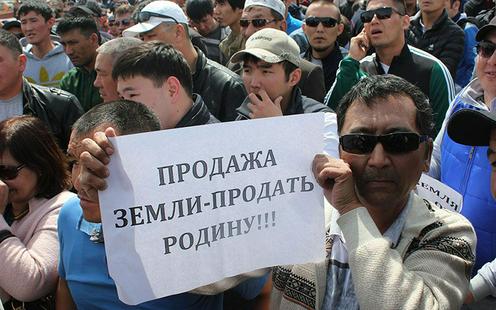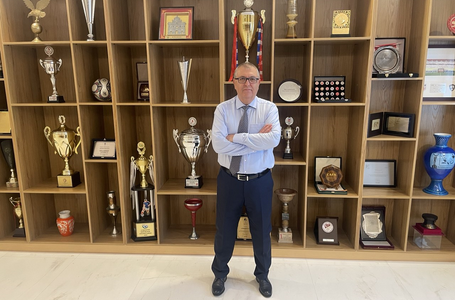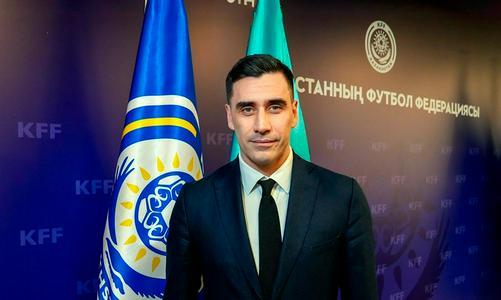 Protests against land sales to foreigners. The sign reads “Selling land is betraying the homeland”. Archive photo from Azh.kz
Protests against land sales to foreigners. The sign reads “Selling land is betraying the homeland”. Archive photo from Azh.kz
Kazakh president Qasym-Zhomart Toqaev has promised not to reopen the issue of allowing the sale of Kazakh land to foreigners. He made the declaration at a government meeting today, 10 July, the Twitter account of the Akorda has announced (in Russian).
Huge protests against “land reform” took place throughout Kazakhstan in 2016 and effectively forced then-president Nursultan Nazarbaev to announce a moratorium on amendments allowing foreign citizens and companies to rent agricultural lands for up to 25 years. At the time, the government underlined that it was not a matter of allowing the permanent sale of land to foreigners, but demonstrators were not satisfied, fearing the rise of Chinese influence in the country. The continued resonance of the theme among protestors can be seen in the fact that general demonstrations last month featured signs reading “Land is not for sale, and not for rent” and calling for an end to Chinese expansion. In September last year, several activists were arrested in the East Kazakhstan region (which borders China) for spreading rumours of the imminent sale of land there to Chinese businessmen.
“The moratoria in place in relation to certain provisions of the Land Code will come to an end in 2021. As a result of this we need to come to a final decision on this issue. We have defined our position in relation to the basic problem. Land will not be sold to foreigners. We are not going to reopen this question,” the head of state stressed today.









